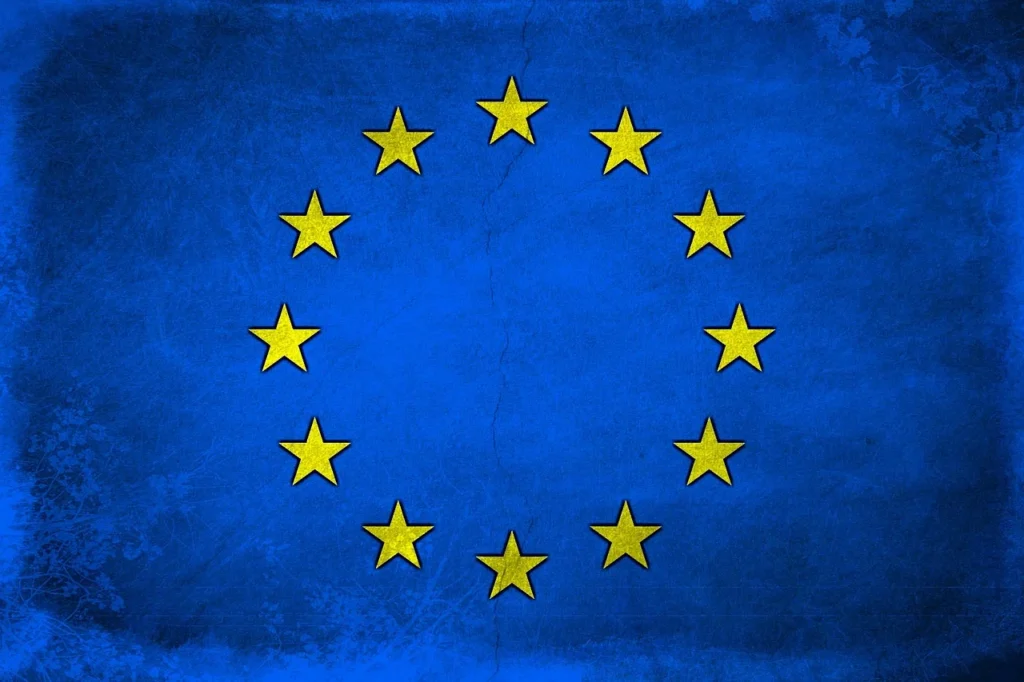The European Union’s recent trade agreement with the United States, capping tariffs on EU exports at 15 per cent, has been hailed in Brussels as a “stabilising compromise.” In reality, it is nothing less than a humiliation – and for Ireland, the consequences could be profound.
For weeks, European leaders insisted they would stand firm against Washington’s tariff threats. Yet when President Trump escalated his “liberation day” strategy, the EU folded. The new deal is being framed as a success because it averts the threatened 30 per cent tariffs – but let us be clear: the baseline was previously little more than one per cent. Accepting a fifteen‑fold increase is not triumph; it is capitulation.

The Irish economy, built on open trade and foreign investment, is particularly exposed. Our export model relies heavily on pharmaceuticals, medical devices and agri‑food products – sectors now staring at higher costs and reduced competitiveness in the U.S. market. Worse, the United Kingdom secured a separate deal with a lower 10 per cent tariff, leaving Irish exporters at a distinct disadvantage. Northern Irish firms will be able to move goods to the U.S. more cheaply than companies in Dublin, Cork or Galway.
The threat does not stop at exports. American multinationals with significant Irish operations – from pharma giants to tech firms – are watching closely. If U.S. tariffs erode profit margins, boardrooms may reconsider Ireland as a production base. That could mean fewer jobs and reduced corporation tax receipts at precisely the moment our public finances are already under pressure.
The EU’s willingness to settle also exposes deeper weaknesses: a lack of unity among member states and an inability to protect smaller economies like Ireland from the fallout of decisions driven by larger players. For all the rhetoric about European solidarity, the interests of export‑dependent states have been sacrificed.

Back 4 Good has consistently highlighted the need for Ireland to future‑proof its workforce and economy. This crisis underlines the urgency. We cannot rely solely on the EU to defend our trade interests; Dublin must proactively push for carve‑outs on pharmaceuticals and med‑tech, support exporters in diversifying into Asian and Middle Eastern markets, and invest in skills to keep Ireland competitive regardless of external shocks.
The humiliation of Brussels may feel abstract, but the reality for Ireland will be concrete: potential job losses, weaker investment, and slower growth. If we do not respond decisively, the cost of this deal will be counted not in political headlines but in the livelihoods of Irish families.



